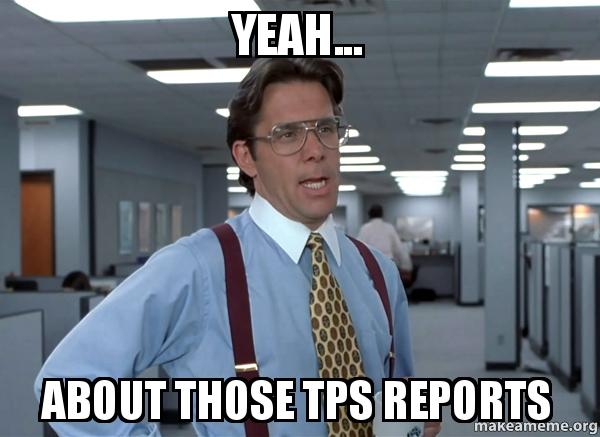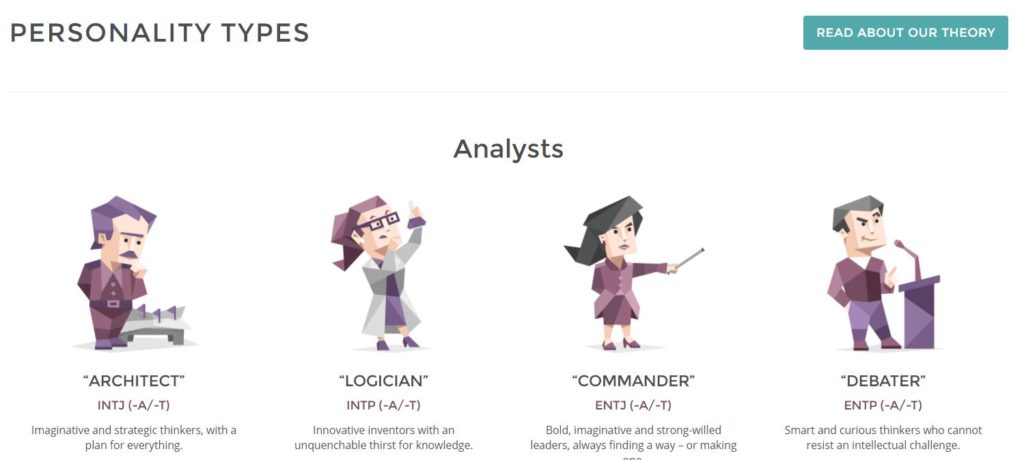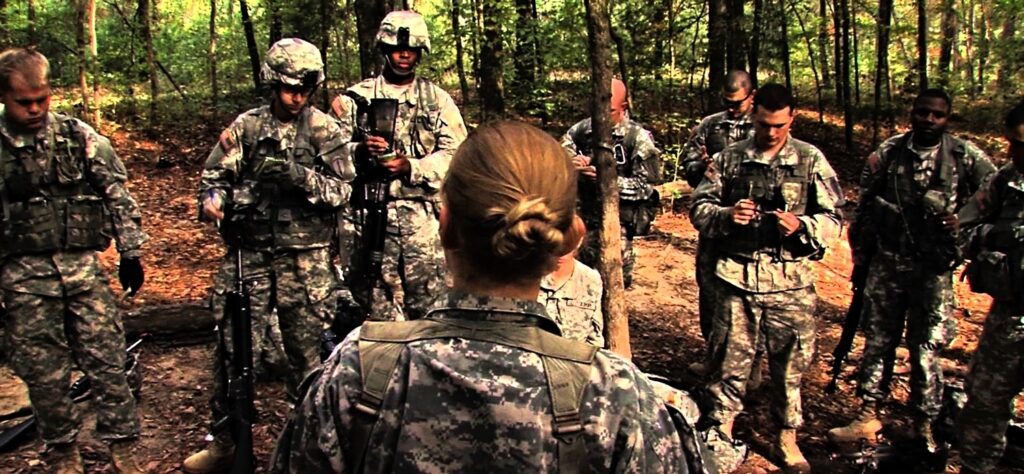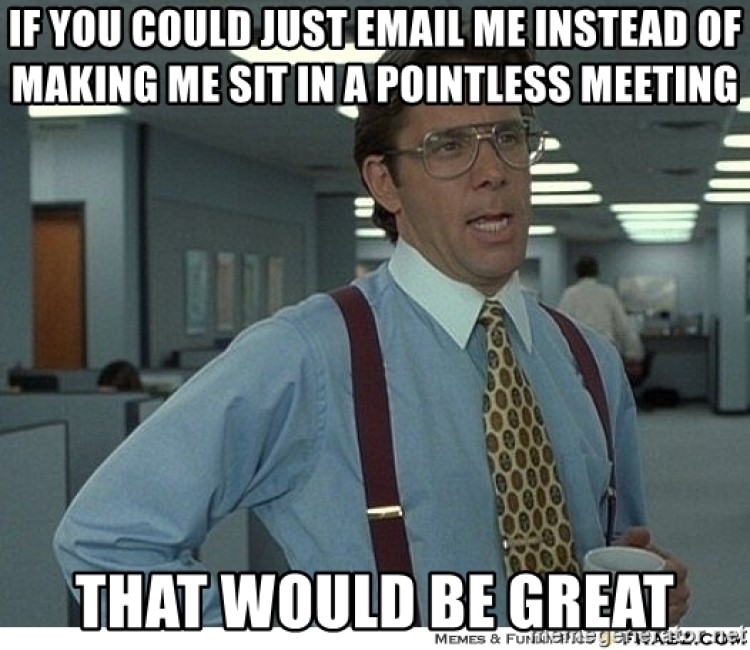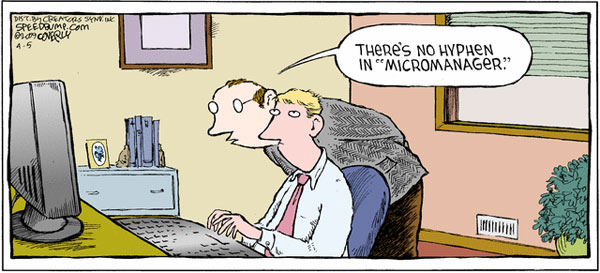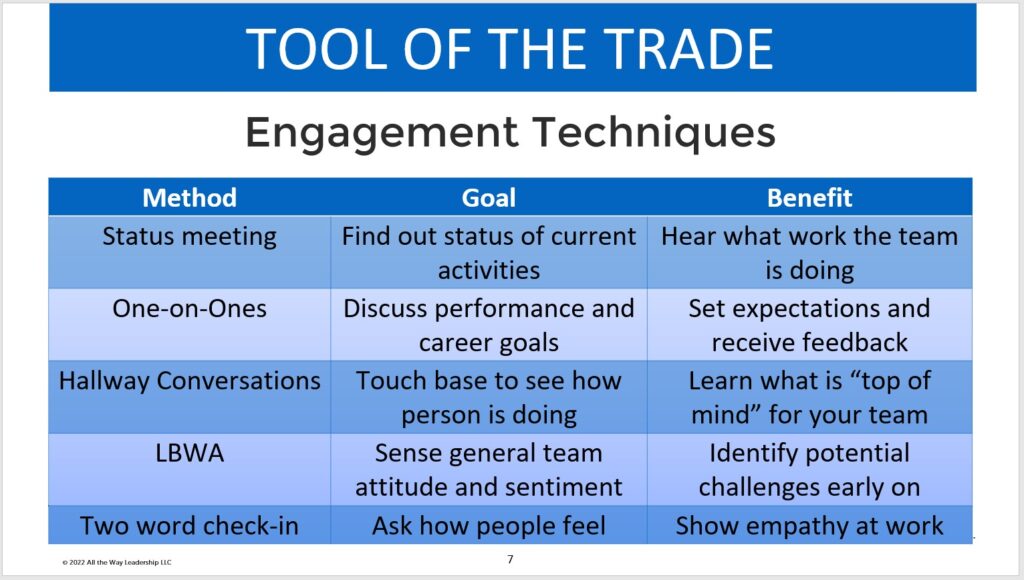The main focus of this leadership blog during 2023 has been effective engagement. I started this topic off by explaining that strong leaders always engage their team members in a meaningful manner. In later blog posts, I shared practical tactical tips and lessons learned that leaders can leverage to engage their teams effectively. Let’s wrap up this topic with a quote from a famous female leader that reveals the real reason that meaningful engagement is vital to your success as a leader. Your team must be properly prepared for competition or else you risk losing.
“Dispirited, unmotivated, unappreciated workers cannot compete in a highly competitive world.”
Frances Hesselbein
We live in a highly competitive world
The world is a competitive place. It has always been since the dawn of time, especially in the marketplace. I cannot think of many industries that are not highly competitive these days. If you want to win you better inspire your team to do great things before your competition eats your lunch. Some days it feels like you are in a brawl at work. You are. If you don’t believe me – look around. You will notice that several businesses are closing their doors, calling it quits. Engage your team effectively and lead them to victory if you want to avoid that scenario.

Engage your team effectively to get their best performance and win
Frances Hesselbein is right. You need spirited, motivated, and appreciated workers to compete in the highly competitive modern world. Spirited is not a word I hear in use much nowadays. It means your team is energized, ready to take on the day. Motivation demonstrates that you and your team bring enthusiasm to the workplace. And appreciated is the secret sauce that some leaders miss. Your team feels what they do matters and they will be thanked for their efforts. Heed this advice and engage your team effectively to get their best. It is what you need to win consistently.

Otherwise, you will lose to your competition
If you fail to engage your team and stakeholders effectively you should expect to lose to your competition. A highly spirited and motivated team will beat their competition a majority of the time. I see this happen all the time in the marketplace. Look at the sports world. The teams that win the most are the ones who play the best day in and day out. Their leaders make sure their teams are in the right state of mind for each game. It is worth noting in professional sports that all teams prepare before every game including inspirational speeches by their leaders. An idea worth considering the next time you are getting your team ready for the next competition. I believe engagement will become even more important in the post-pandemic world.

Are you prepared to lead in the post-pandemic world?
Let’s face it – the COVID crisis made it even more important than ever for strong leadership in successful organizations. The whole world changed over the past few years. Strong leaders recognize the need for new strategies to be successful in the post-pandemic world and are adjusting accordingly. While others are hoping that things will return to normal (whatever that means), and may not make it much longer. The next topic I will cover in this blog is leading in a post-pandemic world.

ATW! will make you a better leader
I hope you join me on this journey to raise the next generation of leaders. The world is in desperate need of more great leaders. Women and men who lead with confidence, clarity, and creativity. It’s time to become the leader that your world needs. Let’s go All The Way!



